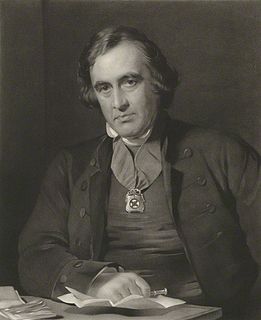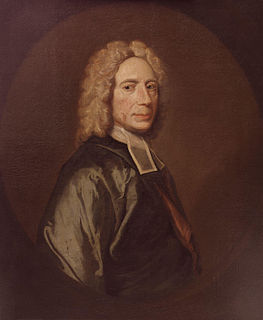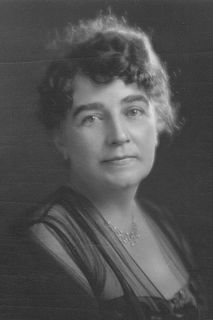A Quote by Friedrich Nietzsche
I can tell by my own reaction to it that this book is harmful." But let him only wait and perhaps one day he will admit to himself that this same book has done him a great service by bringing out the hidden sickness of his heart and making it visible.— Altered opinions do not alter a man’s character (or do so very little); but they do illuminate individual aspects of the constellation of his personality which with a different constellation of opinions had hitherto remained dark and unrecognizable.
Quote Topics
Admit
Alter
Altered
Aspects
Book
Bringing
Character
Dark
Day
Different
Done
Great
Great Service
Had
Harmful
Heart
Hidden
Him
Himself
His
Hitherto
Illuminate
Individual
Little
Making
Man
My Own
One Day
Only
Opinions
Out
Own
Perhaps
Personality
Reaction
Remained
Same
Service
Sickness
Tell
Very
Visible
Wait
Which
Will
Related Quotes
My love affair with (him) had a wonderful element of romance to it, which I will always cherish. But it was not an infatuation, and here’s how I can tell: because I did not demand that he become my Great Emancipator or my Source of All Life, nor did I immediately vanish into that man’s chest cavity like a twisted, unrecognizable, parasitical homonculus. During our long period of courtship, I remained intact within my own personality, and I allowed myself to meet (him) for who he was.
When a librarian really believes that a book is harmful, that its content is contrary to the welfare of the community, or that it is destructive of good taste, even if those are his opinions only, he has not only the right, but also the obligation to do what he properly can to keep that book out of the hand of those whom he thinks might be injured by it.
I have this love for Mattie. It was formed in me as he himself was formed. It has his shape, you might say. He fits it. He fits into it as he fits into his clothes. He will always fit into it. When he gets out of the car and I meet him and hug him, there he is, him himself, something of my very own forever, and my love for him goes all around him just as it did when he was a baby and a little boy and a young man grown.
"The best is oftentimes the enemy of the good;" and without claiming for an instant that title of good for my book, I do not doubt that many a good book has remained unwritten, or, perhaps, being written, has remained unpublished, because there floated before the mind's eye of the author, or possible author, the ideal of a better or a best, which has put him out of all conceit with his good.
He who, in an enlightened and literary society, aspires to be a great poet, must first become a little child. He must take to pieces the whole web of his mind. He must unlearn much of that knowledge which has perhaps constituted hitherto his chief title to superiority. His very talents will be a hindrance to him.
I would beg the wise and learned fathers (of the church) to consider with all diligence the difference which exists between matters of mere opinion and matters of demonstration. ... [I]t is not in the power of professors of the demonstrative sciences to alter their opinions at will, so as to be now of one way of thinking and now of another. ... [D]emonstrated conclusions about things in nature of the heavens, do not admit of being altered with the same ease as opinions to what is permissible or not, under a contract, mortgage, or bill of exchange.
A dogmatical spirit inclines a man to be censorious of his neighbors. Every one of his opinions appears to him written, as it were, with sunbeams, and he grows angry that his neighbors do not see it in the same light. He is tempted to disdain his correspondents as men of low and dark understandings because they do not believe what he does.
Phrases like Worship Service or Service of Worship are tautologies. To worship God means to serve him. Basically there are two ways to do it. One way is to do things for Him that He needs to have done - run errands for Him, carry messages for Him, fight on His side, feed His lambs, and so on. The other way is to do things for Him that you need to do - sing songs for Him, tell Him what's on your mind and in your heart, in general rejoice in Him.
As long as the reason of man continues fallible, and he is at liberty to exercise it, different opinions will be formed. As long as the connection subsists between his reason and his self-love, his opinions and passions will have a reciprocal influence on each other, and the former will be objects to which the latter attach themselves.
To my way of thinking and working, the greatest service a piece of fiction can do any reader is to leave him with a higher ideal of life than he had when he began. If in one small degree it shows him where he can be...gentler, saner, cleaner, kindlier...it is a wonder-working book. If it opens his eyes to one beauty in nature he never saw for himself and leads him one step toward the God of the Universe, it is a beneficial book.










































